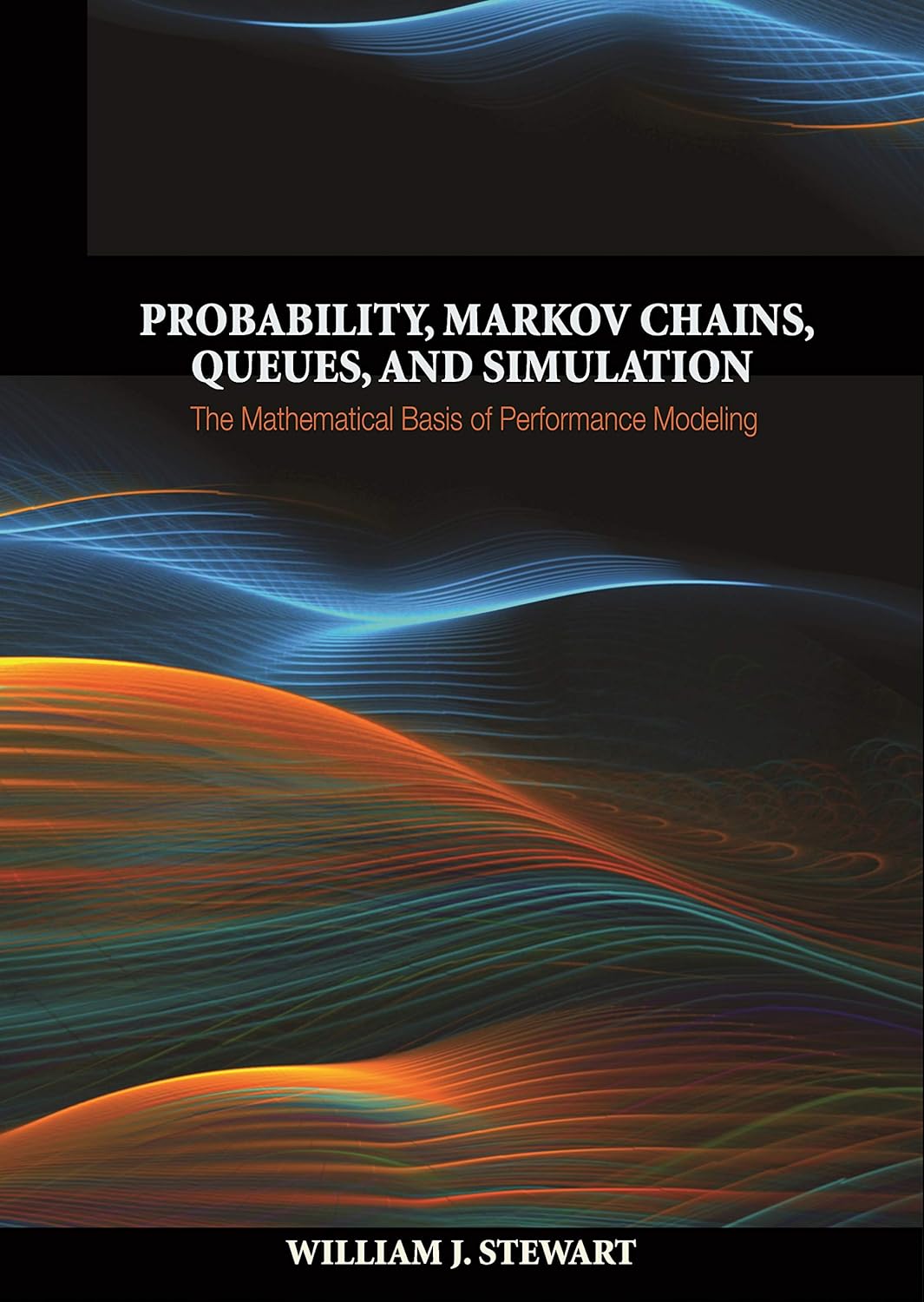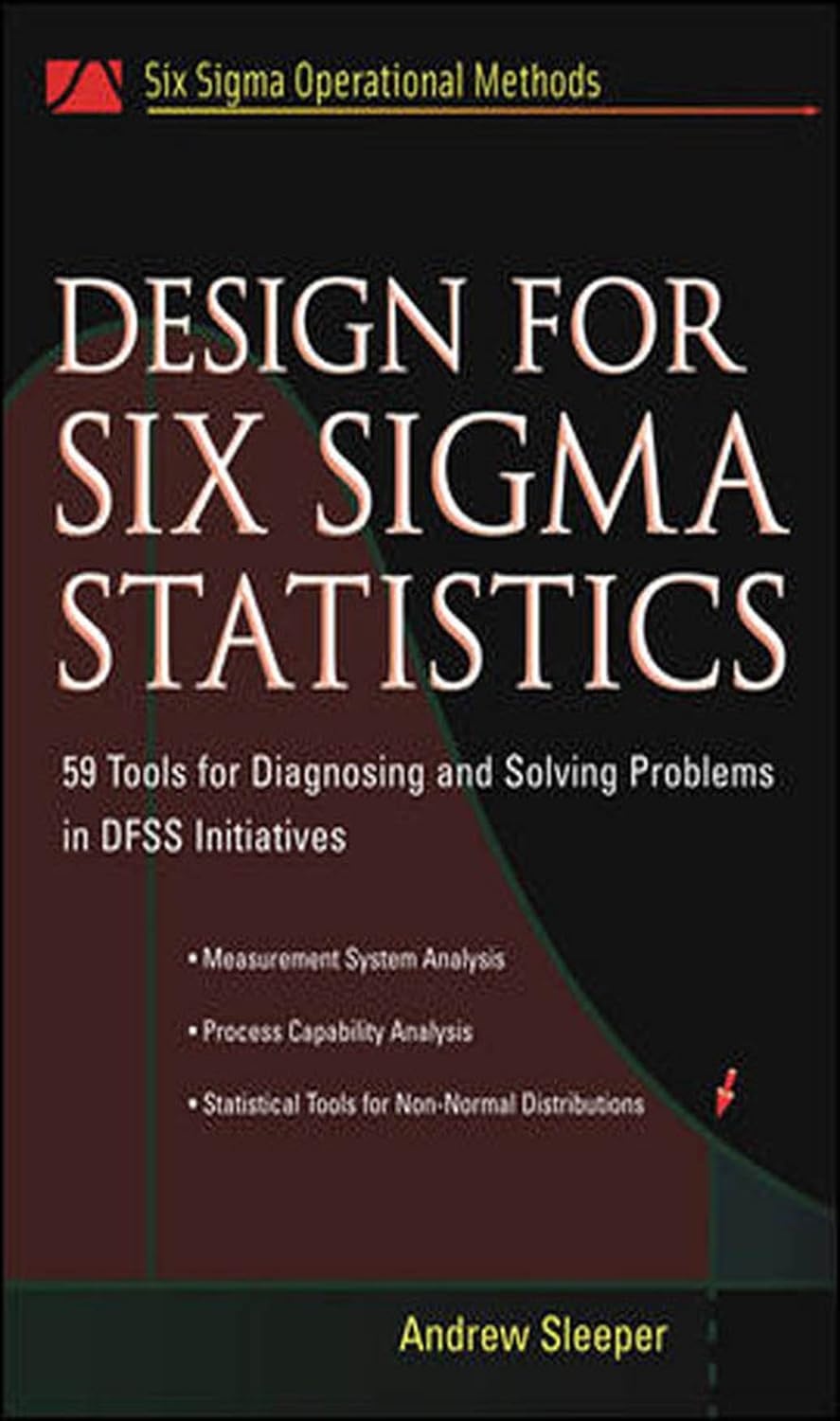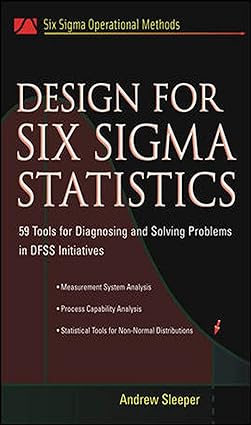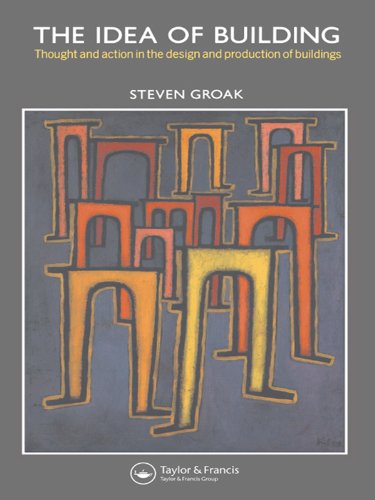
Introduction to Modern Cryptography: Principles and Protocols (Chapman & Hall/CRC Cryptography and Network Security Series) (PDF/EPUB Version)
$18.99
The authors introduce the core principles of modern cryptography, including the modern, computational approach to security that overcomes the limitations of perfect secrecy. An extensive treatment of private-key encryption and message authentication follows. The authors also illustrate design principles for block ciphers, such as the Data Encryption Standard (DES) and the Advanced Encryption Standard (AES), and present provably secure constructions of block ciphers from lower-level primitives. The second half of the book focuses on public-key cryptography, beginning with a self-contained introduction to the number theory needed to understand the RSA, Diffie-Hellman, El Gamal, and other cryptosystems. After exploring public-key encryption and digital signatures, the book concludes with a discussion of the random oracle model and its applications.
Serving as a textbook, a reference, or for self-study, Introduction to Modern Cryptography presents the necessary tools to fully understand this fascinating subject.

_yxxag2ckak.jpg)
_8qojrl9t6j.jpg)

_pcb9siw8hc.jpg)




_jqegejqbka.jpg)
_d6yhvb7jjx.jpg)
_hbpbqeiots.jpg)
_idmgqlrt91.jpg)


_how_to_design_and_deliver_successful_business_presentations_anif5kxtbo.jpg)
_how_to_design_and_deliver_successful_business_presentations_lvclkx62zf.jpg)



